On Wednesday, an “industry-led and UN-convened” alliance of private banking and financial institutions announced plans at the COP26 conference to overhaul the role of global and regional financial institutions, including the World Bank and IMF, as part of a broader plan to “transform” the global financial system. The officially stated purpose of this proposed overhaul, per alliance members, is to promote the transition to a “net zero” economy. However, the group’s proposed “reimagining” of international financial institutions, according to their recently published “progress report,” would also move to merge these institutions with the private-banking interests that compose the alliance; create a new system of “global financial governance”; and erode national sovereignty among developing countries by forcing them to establish business environments deemed “friendly” to the interests of alliance members. In other words, the powerful banking interests that compose this group are pushing to recreate the entire global financial system for their benefit under the guise of promoting sustainability.
This alliance, called the Glasgow Financial Alliance for Net Zero (GFANZ), was launched in April by John Kerry, US Special Presidential Envoy for Climate Change; Janet Yellen, US Secretary of the Treasury and former chair of the Federal Reserve; and Mark Carney, UN Special Envoy for Climate Action and Finance and former chair of the Bank of England and Bank of Canada. Carney, who is also the UK prime minister’s Finance Advisor for the COP26 conference, currently cochairs the alliance with US billionaire and former mayor of New York City, Michael Bloomberg.
On its creation, GFANZ stated that it would “provide a forum for strategic coordination among the leadership of finance institutions from across the finance sector to accelerate the transition to a net zero economy” and “mobilize the trillions of dollars necessary” to accomplish the group’s zero emissions goals. At the time of the alliance’s launch, UK prime minister Boris Johnson described GFANZ as “uniting the world’s banks and financial institutions behind the global transition to net zero,” while John Kerry noted that “the largest financial players in the world recognize energy transition represents a vast commercial opportunity.” In analyzing those two statements together, it seems clear that GFANZ has united the world’s most powerful private banks and financial institutions behind what it sees, first and foremost, as “a vast commercial opportunity,” the exploitation of which it is marketing as a “planetary imperative.”
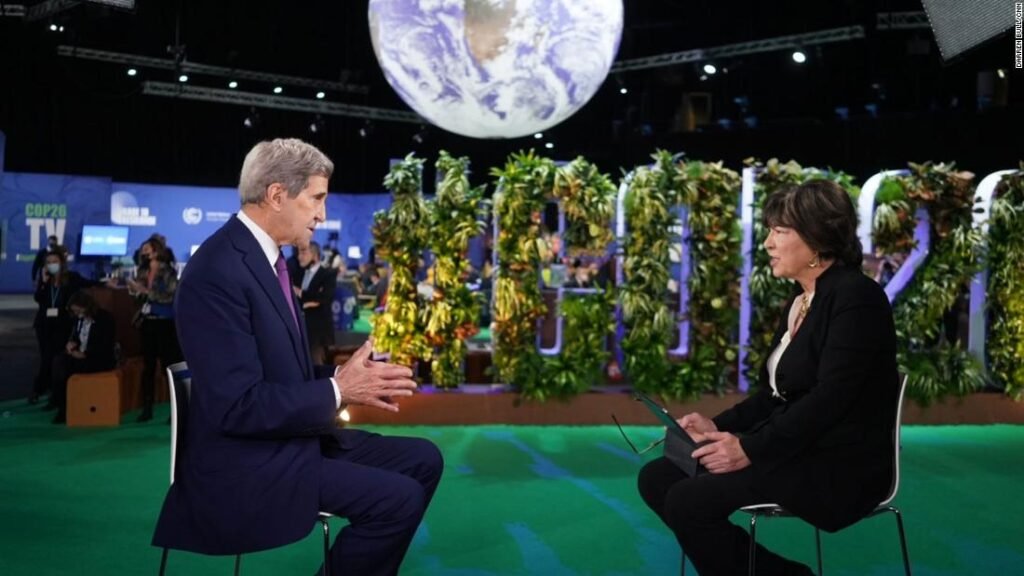
GFANZ is composed of several “subsector alliances,” including the Net Zero Asset Managers Initiative (NZAM), the Net Zero Asset Owner Alliance (NZAOA), and the Net Zero Banking Alliance (NZBA). Together, they command a formidable part of global private banking and finance interests, with the NZBA alone currently representing 43 percent of all global banking assets. However, the “largest financial players” who dominate GFANZ include the CEOs of BlackRock, Citi, Bank of America, Banco Santander, and HSBC, as well as David Schwimmer, CEO of the London Stock Exchange Group and Nili Gilbert, chair of the Investment Committee of the David Rockefeller Fund.
Notably, another Rockefeller-connected entity, the Rockefeller Foundation, recently played a pivotal role in the creation of Natural Asset Corporations (NACs) in September. These NACs seek to create a new asset class that would put the natural world, as well as the ecological processes that underpin all life, up for sale under the guise of “protecting” them. Principals of GFANZ, including BlackRock’s Larry Fink, have long been enthusiastic about the prospects of NACs and other related efforts to financialize the natural world and he has also played a key role in marketing such financialization as necessary to combat climate change.
As part of COP26, GFANZ— a key group at that conference—is publishing a plan aimed at scaling “private capital flows to emerging and developing economies.” Per the alliance’s press release, this plan focuses on “the development of country platforms to connect the now enormous private capital committed to net zero with country projects, scaling blended finance through MDBs [multilateral development banks] and developing high integrity, credible global carbon markets.” The press release notes that this “enormous private capital” is money that alliance members seek to invest in emerging and developing countries, estimated at over $130 trillion, and that—in order to deploy these trillions in investment—“the global financial system is being transformed” by this very alliance in coordination with the group that convened them, the United Nations.
Proposing a Takeover
Details of GFANZ’s plan to deploy trillions of member investments into emerging markets and developing countries was published in the alliance’s inaugural “Progress Report,” the release of which was timed to coincide with the COP26 conference. The report details the alliance’s “near-term work plan and ambitions,” which the alliance succinctly summarizes as a “program of work to transform the financial system.”
The report notes that the alliance has moved from the “commitment” stage to the “engagement” stage, with the main focus of the engagement stage being the “mobilization of private capital into emerging markets and developing countries through private-sector leadership and public-private collaboration.” In doing so, per the report, GFANZ seeks to create “an international financial architecture” that will increase levels of private investment from alliance members in those economies. Their main objectives in this regard revolve around the creation of “ambitious country platforms” and increased collaboration between MDBs and the private financial sector.
Per GFANZ, a “country platform” is defined as a mechanism that convenes and aligns “stakeholders,” that is, a mechanism for public-private partnership/stakeholder capitalism, “around a specific issue or geography.” Examples offered include Mike Bloomberg’s Climate Finance Leadership Initiative (CFLI), which is partnered with Goldman Sachs and HSBC among other private-sector institutions. While framed as being driven by “stakeholders,” existing examples of “country platforms” offered by the GFANZ are either private sector-led initiatives, like the CFLI, or public-private partnerships that are dominated by powerful multinational corporations and billionaires. As recently explained by journalist and researcher Iain Davis, these “stakeholder capitalism” mechanism models, despite being presented as offering a “more responsible” form of capitalism, allow corporations and private entities to participate in forming the regulations that govern their own markets and giving them a greatly increased role in political decision making by placing them on an equal footing with national governments. It is essentially a creative way of marketing “corporatism,” the definition of fascism infamously supplied by Italian dictator Benito Mussolini.
In addition to the creation of “corporatist” “country platforms” that focus on specific areas and/or issues in the developing world, GFANZ aims to also further “corporatize” multilateral development banks (MDBs) and development finance institutions (DFIs) in order to better fulfill the investment goals of alliance members. Per the alliance, this is described as increasing “MDB-private sector collaboration.” The GFANZ report notes that “MDBs play a critical role in helping to grow investment flows” in the developing world. MDBs, like the World Bank, have long been criticized for accomplishing this task by trapping developing nations in debt and then using that debt to force those nations to deregulate markets (specifically financial markets), privatize state assets and implement unpopular austerity policies. The GFANZ report makes it clear that the alliance now seeks to use these same, controversial tactics of MDBs by forcing even greater deregulation on developing countries to facilitate “green” investments from alliance members.
The report explicitly states that MDBs should be used to prompt developing nations “to create the right high-level, cross-cutting enabling environments” for alliance members’ investments in those nations. The significantly greater levels of private-capital investment, which are needed to reach net zero per GFANZ, require that MDBs are used to prompt developing nations to “establish investment-friendly business environments; a replicable framework for deploying private capital investments; and pipelines of bankable investment opportunities.” GFANZ then notes that “private capital and investment will flow to these projects if governments and policymakers create the appropriate conditions,” that is, enable environments for private-sector investments.
In other words, through the proposed increase in private-sector involvement in MDBs, such as the World Bank and regional development banks, alliance members seek to use MDBs to globally impose massive and extensive deregulation on developing countries by using the decarbonization push as justification. No longer must MDBs entrap developing nations in debt to force policies that benefit foreign and multinational private-sector entities, as climate change-related justifications can now be used for the same ends.
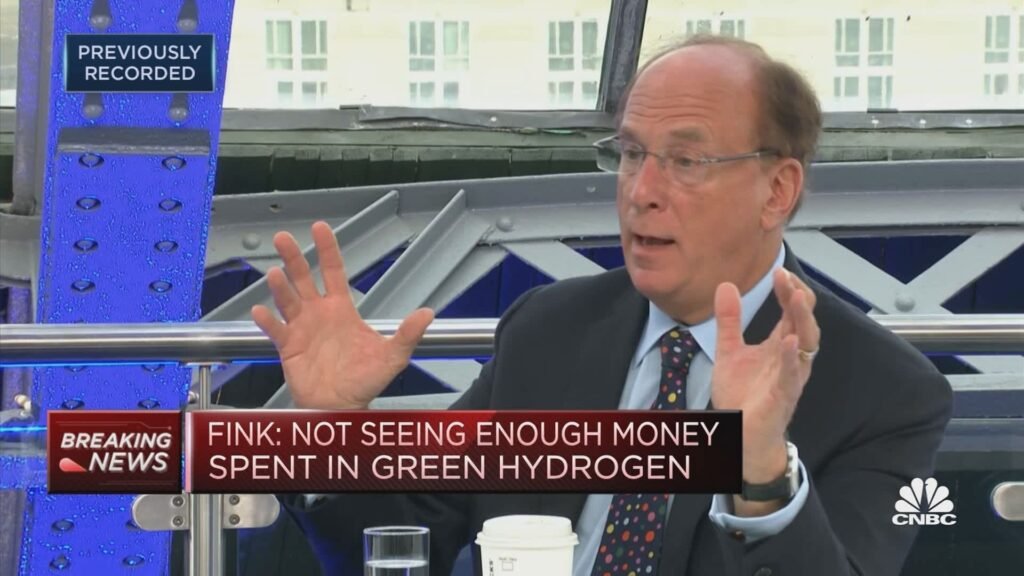
This new modality for MDBs, along with their fusion with the private sector, is ultimately what GFANZ proposes in terms of “reimagining” these institutions. GFANZ principal and BlackRock CEO Larry Fink, during a COP26 panel that took place on November 2, explicitly referred to the plan to overhaul these institutions when he said: “If we’re going to be serious about climate change in the emerging world, we’re going to have to really focus on the reimagination of the World Bank and the IMF.”
Fink continued:
“They are the senior lender, and not enough private capital’s coming into the emerging world today because of the risks associated with the political risk, investing in brownfield investments — if we are serious about elevating investment capital in the emerging world. . . . I’m urging the owners of those institutions, the equity owners, to focus on how we reimagine these institutions and rethink their charter.”
GFANZ’s proposed plans to reimagine MDBs are particularly alarming given how leaked US military documents show that such banks are considered to be essentially “financial weapons” that have been used as “financial instruments and diplomatic instruments of US national power” as well as instruments of what those same documents refer to as the “current global governance system” that are used to force developing countries to adopt policies they otherwise would not.
In addition, given Fink’s statements, it should not be surprising that the GFANZ report notes that their effort to establish “country platforms” and alter the functioning and charters of MDBs is a key component of implementing preplanned recommendations aimed at “seizing the New Bretton Woods moment” and remaking the “global financial governance” system so that it “promote[s] economic stability and sustainable growth.”
As noted in other GFANZ documents and on their website, the goal of the alliance is the transformation of the global financial system, and it is obvious from member statements and alliance documents that the goal of that transformation is to facilitate the investment goals of alliance members beyond what is currently possible by using climate change-related dictates, rather than debt, as the means to that end.
The UN and the “Quiet Revolution”
In light of GFANZ’s membership and members’ ambitions, some may wonder why the United Nations would back such a predatory initiative. Doesn’t the United Nations, after all, chiefly work with national governments as opposed to private-sector interests?
Though that is certainly the prevailing public perception of the UN, the organization has for decades been following a “stakeholder capitalist” model that privileges the private sector and billionaire “philanthropists” over national governments, with the latter merely being tasked with creating “enabling environments” for the policies created by and for the benefit of the former.
Speaking to the World Economic Forum in 1998, Secretary General Kofi Annan made this shift explicit:
“The United Nations has been transformed since we last met here in Davos. The Organization has undergone a complete overhaul that I have described as a ‘quiet revolution.” . . . A fundamental shift has occurred. The United Nations once dealt only with governments. By now we know that peace and prosperity cannot be achieved without partnerships involving governments, international organizations, the business community and civil society. . . . The business of the United Nations involves the businesses of the world.”
With the UN now essentially a vehicle for the promotion of stakeholder capitalism, it is only fitting that it would “convene” and support the efforts of a group like GFANZ to extend that stakeholder capitalist model to other institutions involved in global governance, specifically global financial governance. Allowing GFANZ members, that is, many of the largest private banks and financial institutions in the world, to fuse with MDBs, remake the “global financial governance system,” and gain increased control over political decisions in the emerging world is a banker’s dream come true. To get this far, all they have needed to do was to convince enough of the world’s population that such shifts are necessary due to the perceived urgency of climate change and the need to rapidly decarbonize the economy. Yet, if put into practice, what will result is hardly a “greener” world but a world dominated by a small financial and technocratic elite who are free to profit and pillage from both “natural capital” and “human capital.”
Today, MDBs are used as “instruments of power” that utilize debt to force developing nations to implement policies that benefit foreign interests rather than their own national interests. If GFANZ gets its way, the MDBs of tomorrow will be used to essentially eliminate national sovereignty, privatize the “natural assets” (e.g., ecosystems, ecological processes) of the developing world, and force increasingly technocratic policies designed by global governance institutions and think tanks on ever more disenfranchised populations.
Though GFANZ has cloaked itself in lofty rhetoric of “saving the planet,” its plans ultimately amount to a corporate-led coup that will make the global financial system even more corrupt and predatory and further reduce the sovereignty of national governments in the developing world.
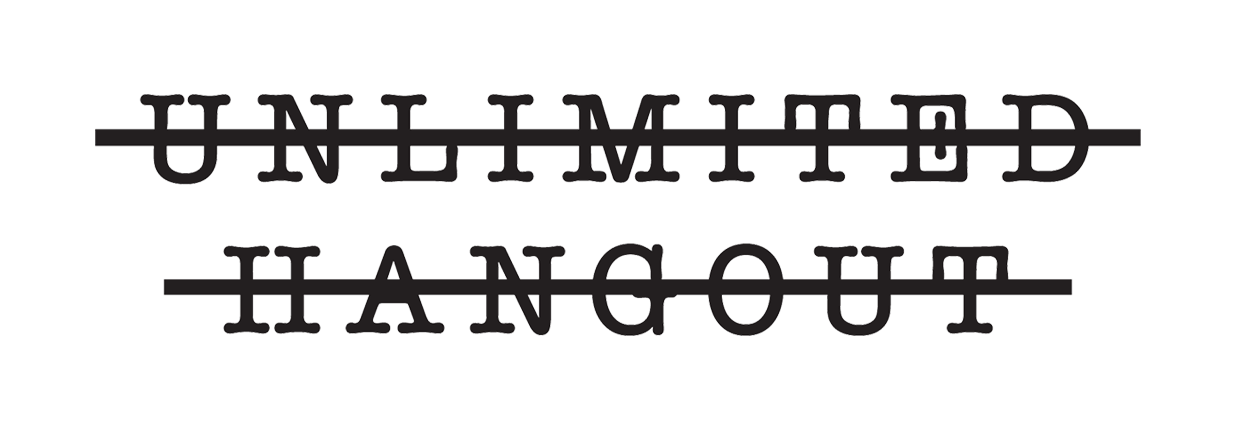
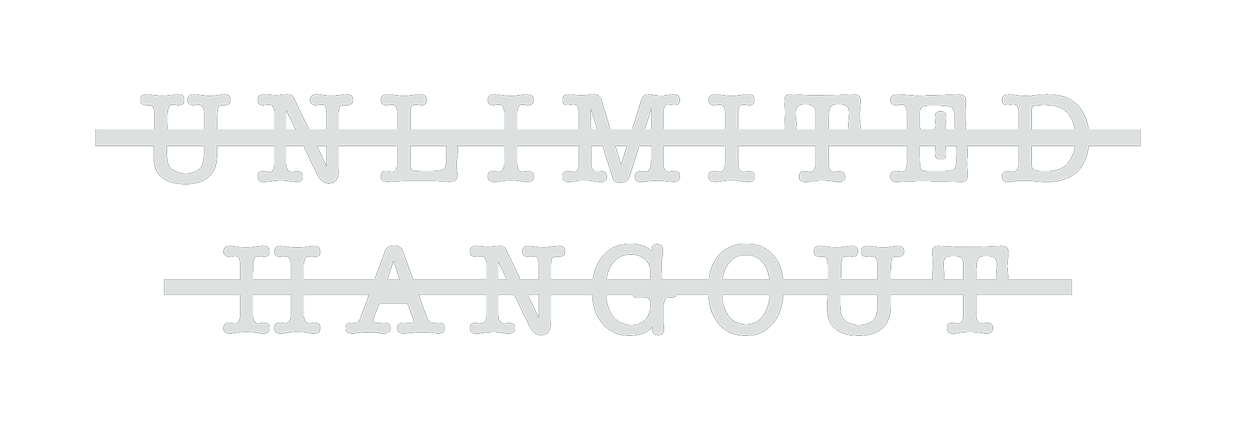


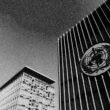

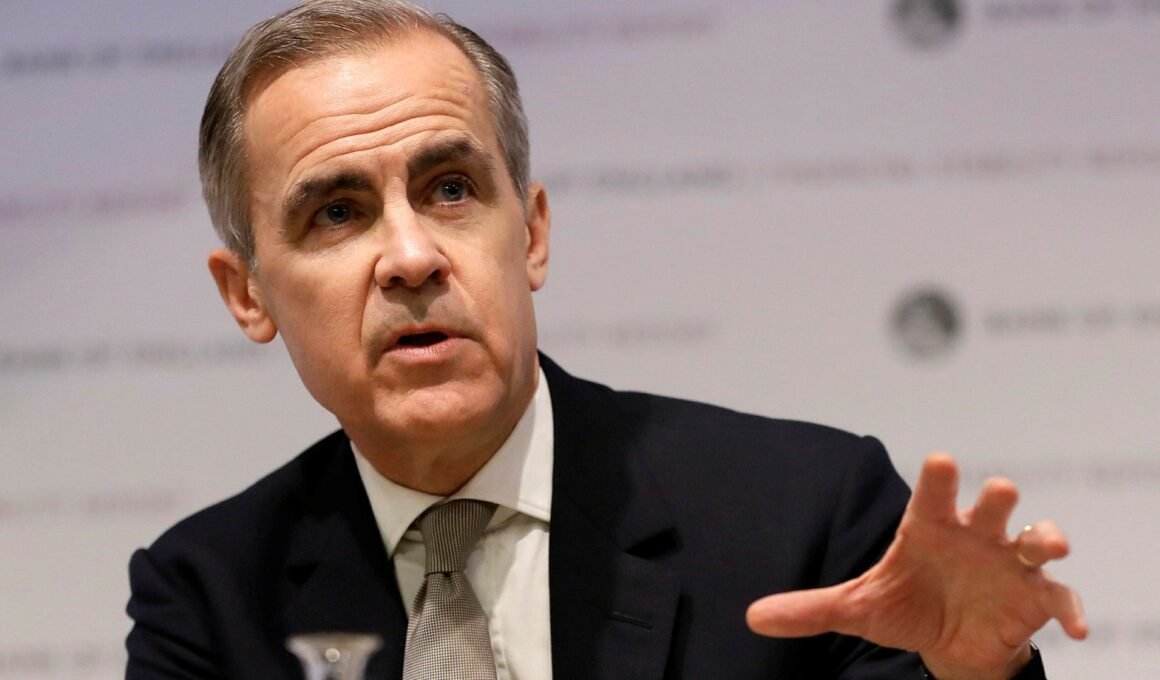
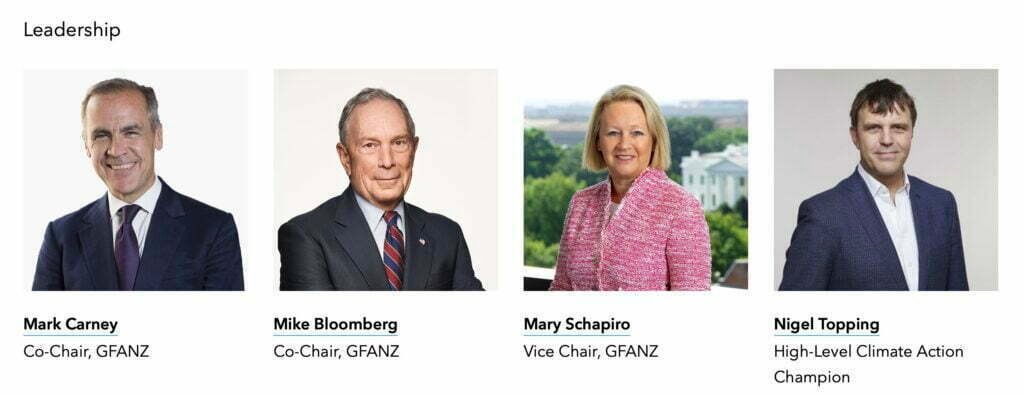



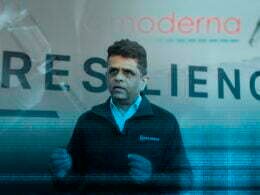
These new financial organizations and arrangements are an integral part of the restructuring of the global political economy away from consumer capitalism toward some version of totalitarian neofeudalism. The fat-cats are going to privatize and buy-up everything they can so that the oligarchs and corporations can rule by the divine right of capital. All of this is at odds with local autonomy which is the only hope for human survival. Perhaps it was inevitable that the environmental threat created by the fat-cats would then be exploited by the same fat-cats in order to provide green camouflage to this latest (and final?) existential threat to humanity.
Well said!
The followup to this agreement is the “special session” of the WHO beginning on Nov.4 which will redefine Int’l Health Regulations. I expect that some inclusion of climate health risks will be included. I also expect that an adherence Protocol will ensue pending ratification. The article “Pending Int’l Treaty Empowering The WHO” appeared in Principia Scientific on Sept.23 addressing this.
Whitney, please look into this. It is very important to expose what the WHO cabal is up to.
Thanks, Richard
Correction : WHO special session begins Nov.29
Thanks for another well researched article, you´re incredible Whitney. I´m going to read the GFANZ report.
Using Benito Mussolini’s definition of fascism – “corporatism.” One could rightly argue that the UN is now operating under a fascist model since it has undergone a “quiet revolution” to become a vehicle to promote stakeholder capitalism. The stakeholders in this case being the major corporates.
Thanks for the wonderful research that you are bringing out!
Good report. Thank you!
As far as I understand, there are oil companies like ExxonMobil that do fund so-called “climate denialists”. Assuming this is true, why would they do that? If someone who is incredulous to the idea that climate change is not real asks me that question, I don’t know how to answer them.
(((fink))). (((bloomberg))). (((yellen))). etc Every. Single. Time.
Whitney, have you revisited the claims of “La Quinta columna” about graphene in the vaccines? (I saw your interview with vagabond on the issue several months ago, and LQC certainly did seem untrustworhy at the time). I am not saying there necessarily is or isn’t graphene in them; I don’t know. But I would be very interested in your opinion if you were to take another look at the subject.
Excellent analysis and research Whitney. I’ve always read your commentaries and well researched articles but have never commented… so here goes. I don’t how if you have a copy of this paper but here it is. https://wedocs.unep.org/handle/20.500.11822/29355;jsessionid=112FF1399EDD36D5CD23DB6BAB5272FC (pay close attention to how many steering group members worked for the World Bank and UNESCO)
I did some university classes with Dr. Vernon Heywood many moons ago and let’s say this agenda has been slowly working it way into the spotlight. As an ole ethnobotanist at OXFAM we would joke around and say we were spooks with science degrees and background. Oh ! How idealistic I was then. Sadly most Americans have no idea that most of their national parks ,historical sites and BLM lands are managed thru UNESCO protocols.
All of US have Trump
Thank you for this well written eye-opening article. Could the author please provide an update re 2024 on how much “progress” these psuedo unelected autocrats have made since this article was written in 2021? How does one stop it?